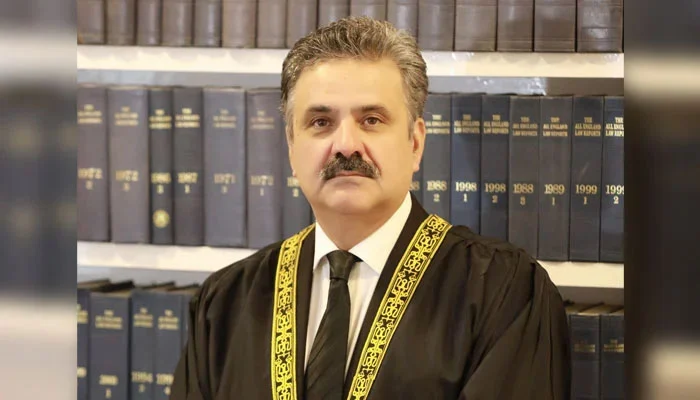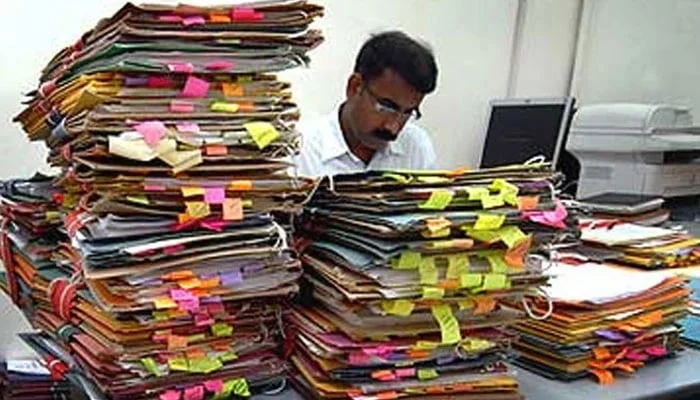Chief Justice of Pakistan (CJP) Yahya Afridi has convened meetings of the Judicial Commission of Pakistan (JCP) and the Supreme Judicial Council (SJC) today. These meetings are significant, addressing key judicial appointments and matters related to judicial conduct.
Judicial Commission of Pakistan (JCP) Meeting
The JCP meeting is scheduled for 2 pm under the chairmanship of CJP Afridi. The primary agenda includes discussions on nominating judges to the constitutional bench of the Sindh High Court (SHC). This meeting is crucial as it comes amid ongoing deliberations about judicial vacancies and appointments across the country’s superior courts.
Supreme Judicial Council (SJC) Meeting
The SJC will meet earlier in the day at 11 am. Key participants include:
- CJP Yahya Afridi
- SC puisne judge Mansoor Ali Shah
- Justice Muneeb Akhtar
- Islamabad High Court (IHC) Chief Justice Amir Farooq
- Balochistan High Court Chief Justice Muhammad Hashim Kakar
The agenda includes:
- Discussion on Judges’ Code of Conduct: Following amendments introduced in the last SJC meeting chaired by former CJP Qazi Faez Isa, further revisions might be considered today.
- IHC Judges’ Letter: The SJC is expected to deliberate on a letter written by six Islamabad High Court judges, which raised concerns about interference in the judiciary. The issue was previously brought before the Supreme Court, where CJP Afridi expressed strong reservations against invoking suo motu jurisdiction on this matter.
- Complaint Against Balochistan High Court Judge: A complaint involving a judge from the Balochistan High Court may also be reviewed.
CJP Afridi’s Dissent on Suo Motu Notice
CJP Afridi, in a dissenting note, had previously opposed the suo motu notice related to the IHC judges’ letter. His key arguments included:
- Judicial Restraint: Afridi emphasized that suo motu jurisdiction under Article 184(3) of the Constitution should be exercised sparingly, particularly when it involves issues requiring a factual probe.
- Independence of High Courts: He warned that the Supreme Court’s intervention could undermine the independence of high courts, which are constitutionally empowered to handle their own administrative and judicial functions.
- Concerns About Executive Interference: Afridi acknowledged the validity of the concerns raised by the IHC judges regarding executive interference but argued that these should be addressed through amendments in the judicial code of conduct rather than through suo motu proceedings.
Significance of the Meetings
- Judicial Independence: The discussions on the judges’ code of conduct are expected to focus on maintaining judicial independence and clarifying the interaction between the judiciary and the executive branch.
- Long-Overdue Session: This marks the first SJC meeting since former CJP Isa’s tenure, making it a critical session for addressing pending issues within the judicial framework.
The outcomes of today’s meetings could have a significant impact on the judicial landscape, shaping the appointment process and the code of conduct for Pakistan’s superior judiciary. The legal fraternity will be closely monitoring these developments, given their potential implications for the independence and integrity of the judiciary.
To Keep Updated Visit & Follow our Facebook Page Or Our Website




